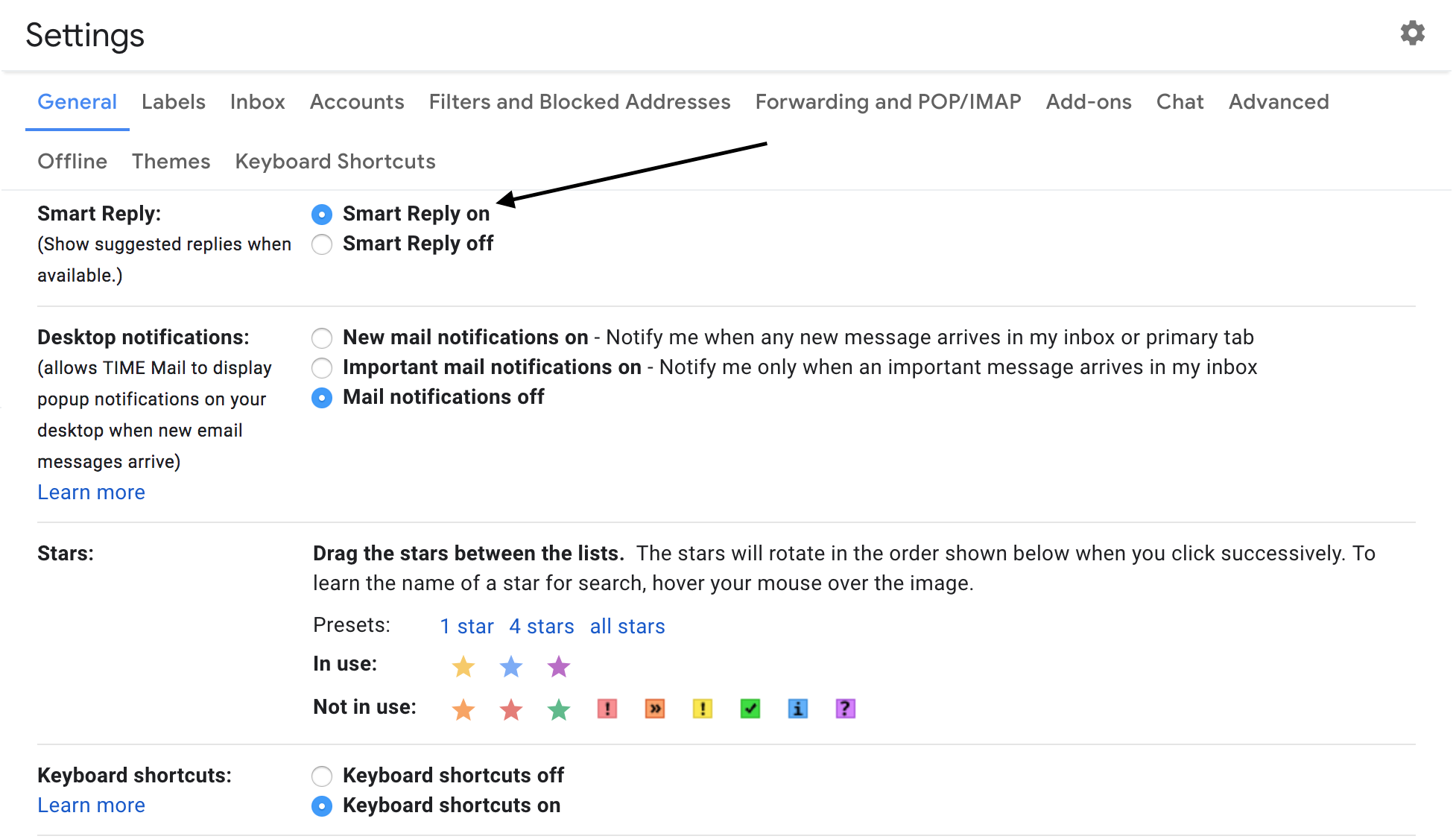PHD’s Mitchell Extended – Technique Movie Director
As a millennial, it’s safer to say I’ve swiped my personal ways through perils of online dating software (usually while consuming my personal morning fix of smashed avo on toast). Daily you’ll find 1.6 billion swipes on Tinder, causing 26 million fits, and causing one million times every week… that is some fatigued thumbs, to say the least.
An upswing of internet dating applications into the main-stream is scheduled against broader styles in Aussie affairs. In earlier times twenty years, matrimony enjoys declined 15.5percent, and people who perform marry do therefore at an increasingly earlier http://www.besthookupwebsites.org/planetromeo-review/ era.
Meanwhile, tests also show the amount of intimate couples Aussie people submit creating within their lifetime has increased within the last 10 years, as double guidelines deteriorate between the sexes.
In a nutshell, fewer of us are becoming hitched, and more of us are serial dating. But when I casually swipe leftover and right, I can’t assist but see exactly how the connections with brand names are on an equivalent route (review in Carrie Bradshaw’s vocals).
In accordance with Accenture, there is certainly $6.2 trillion constantly shared globally because expidited brand name switching, as two-thirds of buyers today think about a lot more manufacturer or businesses when making buy behavior than they performed 10 years in the past.
In the same way we’re starting to be more liquid within our individual interactions, so too include we getting more promiscuous towards brands.
In online dating, “apps like Tinder and OkCupid render folk the impression that we now have thousands or many prospective friends nowadays… [creating a] move towards temporary matchmaking,” claims David Buss, a professor of mindset from the University of Tx. Continue reading “Navigating the age of promiscuity: just what brand names can learn from Tinder”





